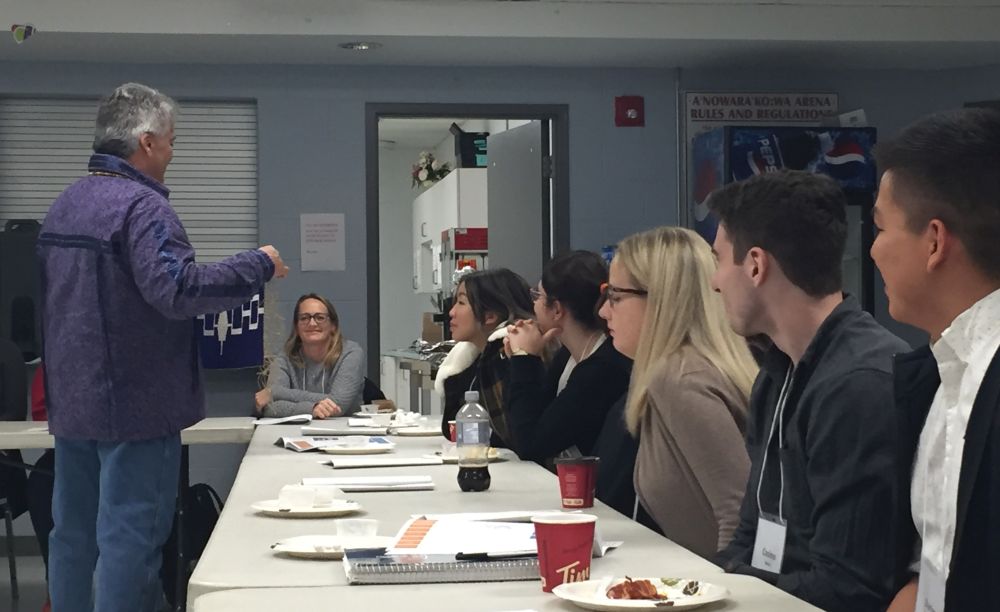Is hate speech protected by freedom of expression? Do pipeline projects require the free, prior, and informed consent of Indigenous peoples before construction may begin on their lands? What is the reach of the Parliament of Canada's authority to regulate the environment?
Why are constitutional and public law vital?

Constitutional and public law serve some of the most important functions of law in society. They constitute, restrain, and direct government authority and guarantee, secure, and vindicate human rights. Constitutional and public law regulate and mediate the relationship between the citizen and the state and its governing institutions and demarcate the roles and responsibilities of the executive, legislative, and judicial branches of government.
The division of powers between the federal Parliament and the provincial legislatures, the scope and limitation of rights and freedoms under the Canadian Charter of Rights and Freedoms, the promise of reconciliation in section 35 of the Constitution Act, 1982, and the judicial review of decisions of administrative tribunals all fall within the broad ambit of constitutional and public law.
Faculty
Close to one quarter of Queen’s Law faculty research and write in the area of constitutional and public law. Between them, they bring insights from rights theory, political theory, economic analysis, feminist studies, and deep experience in the practice of law within government and private practice.
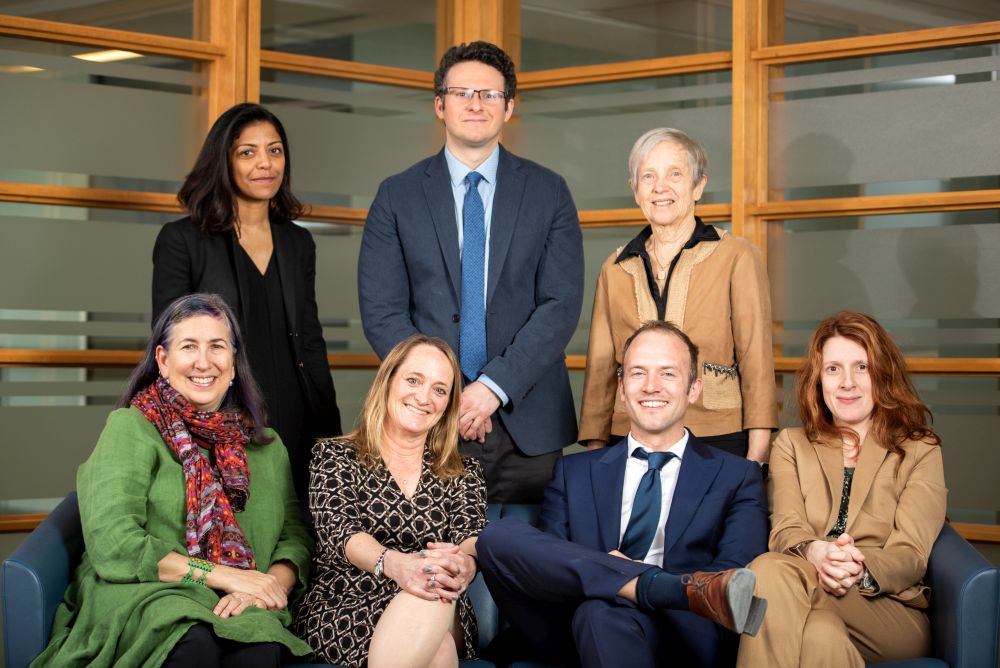
- Sharry Aiken researches and teaches in immigration law, refugee law, administrative law, law and poverty, public international law, and international human rights law. She is co-chair of the Board of Directors of the Canadian Centre for International Justice and an active member of the Canadian Council for Refugees’ Legal Affairs Committee.
- Beverley Baines is a professor of public and constitutional law whose current SSHRC research projects focus on applying feminist and masculinities theories to Supreme Court of Canada jurisprudence pertaining to equality rights and proportionality under the Charter of Rights and Freedoms.
- Colin Grey teaches and writes about immigration law, refugee law, and administrative law. Prior to joining Queen’s Law, he taught at the Université du Québec à Montréal and worked as legal counsel at the Immigration and Refugee Board of Canada. Professor Grey’s scholarship explores issues of public law theory in migration law and governance.
- Debra Haak teaches constitutional and criminal law. Her research focusses on how substantive and procedural human rights laws - including the Charter - influence legal decisions when interests, rights, and values are in tension. For ten years, she has examined Canada’s legislative approach to the commercial exchange of sexual touching. Her current SSHRC project considers the use of sex, gender, gender identity, and gender expression in promoting and protecting the rights of women, transgender and gender non-conforming people in Canada.
- Cherie Metcalf brings an interdisciplinary and empirical approach to her research, drawing on her Ph.D. in Economics (UBC) and LL.M. (Yale). Her research interests include environmental governance, Indigenous rights and the connection between law and social norms.
- Bruce Pardy is a researches and teaches in public and private law, including environmental law, energy policy, constitutional rights and freedoms, the rule of law, property theory, and university governance. He practiced civil litigation on Bay Street, has taught at law schools in New Zealand and the US, and served for almost a decade on the Ontario Environmental Review Tribunal. He is a Director of the Justice Centre for Constitutional Freedoms and the Energy Probe Research Foundation.
- Jean Thomas researches at the intersection of ethics, meta-ethics, and the philosophy of law and is the author of Public Rights, Private Relations (Oxford University Press, 2015). She is joint convenor, with Grégoire Webber, of the Colloquium in Legal and Political Philosophy.
- Ashwini Vasanthakumar is Queen’s National Scholar in Legal and Political Philosophy at Queen’s Law and a researcher at the Institute for Futures Studies in Stockholm. Her research examines political authority and membership in the context of migration, focusing in particular on the relationship between migrants and the political communities they have left.
- Mark Walters researches and publishes in the areas of public and constitutional law, legal history, and legal theory, with a special emphasis on the rights of indigenous peoples, institutional structures, and the history of legal ideas. His work on the history of constitutional ideas forms the basis of his forthcoming book entitled A.V. Dicey and the Common Law Constitutional Tradition: A Legal Turn of Mind (Cambridge University Press).
- Grégoire Webber (Director) is Canada Research Chair in Public Law and Philosophy of Law. He was formerly senior policy advisor with the Privy Council Office and legal affairs advisor to the Minister of Justice and Attorney General of Canada, and is now legal agent of the Department of Justice.
- Jacob Weinrib teaches constitutional law, administrative law, and legal theory. Before joining Queen’s Law, he studied at the University of Toronto and New York University. He is the author of Dimensions of Dignity: The Theory and Practice of Modern Constitutional Law (Cambridge University Press). In 2019, he received the Stanley M. Corbett Award for Teaching Excellence.
History
Queen’s Law has long had great depth and breadth in its constitutional and public law research and course offerings. The first Dean of Law, William R. Lederman, was a noted constitutional scholar and served as a constitutional adviser to the Premier of Ontario. The Faculty’s Law Library is named in his honour, as is a named Visitorship.
The commitment to constitutional and public law has grown with each successive generation of Queen’s Law faculty. They excel in research and in teaching and maintain an active presence in the practice of constitutional and public law.
What do constitutional and public law experts do?
Constitutional and public law is the foundation of any number of legal and related careers. Experts in the area are found in key roles in both public and private law, working on everything from providing government counsel to defending peoples' rights in the private sector.
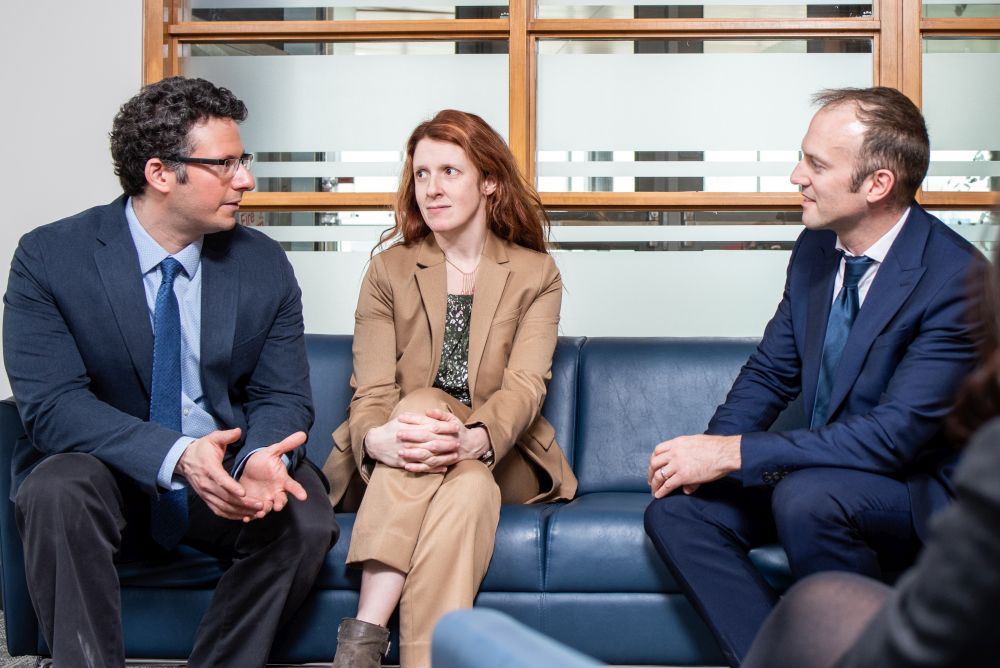
- Legal counsel for government (federal, provincial/territorial, municipal)
- Policy advisor on legislation, policies, and programs to government (federal, provincial/territorial, municipal)
- Legal counsel with human rights NGOs (e.g. CCLA, BCCLA, LEAF)
- Legal counsel with Indigenous communities and NGOs (e.g. AFN, ITK, MNC)
- Private practice in Aboriginal law
- Private practice in public interest litigation
- Private practice in administrative and regulatory law
- Private practice in immigration law
- Private practice in environmental law
- Administrative tribunals (panel member, legal services)
- Academia
Courses
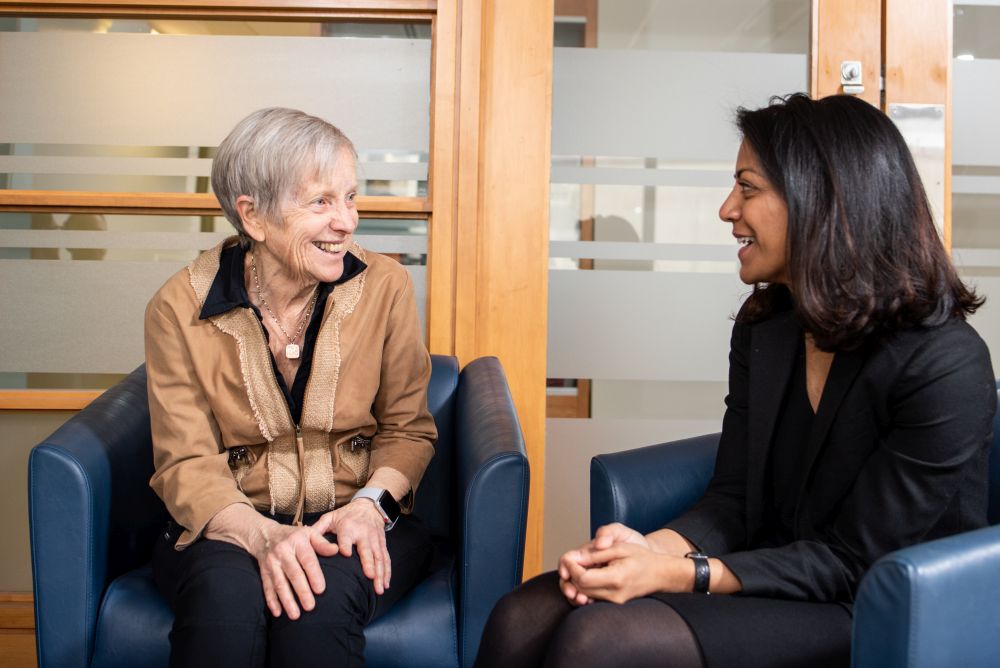
Queen’s Law divides the first year curriculum between Public Law and Constitutional Law to enable a deeper understanding of the structure of government and federalism and of Charter and Aboriginal rights. The upper year curriculum offers courses in Indigenous and Aborginal law, administrative law, and advanced and comparative constitutional law, as well as in environmental law and immigration law, among other courses.
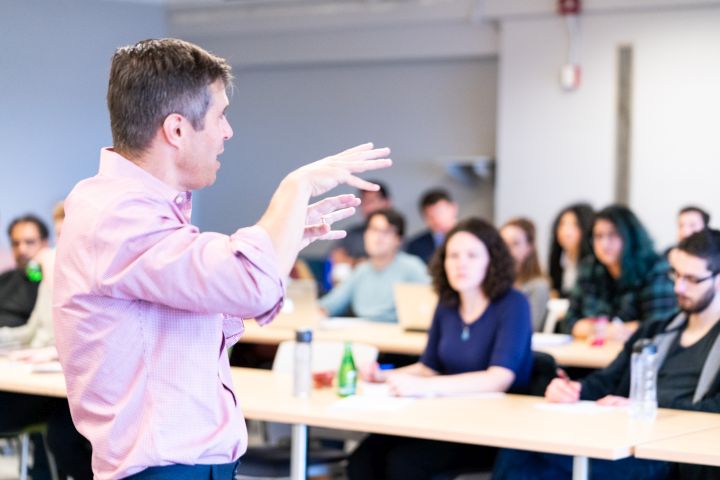
- First year: Public Law
- First year: Constitutional Law
- Upper year: Administrative Law
- Upper year: Comparative Constitutional Law
- Upper year: Advanced Constitutional Law
- Upper year: Equality and the Charter
- Upper year: Oppression and the Ethics of Resistance
- Upper year: Advanced Topics in Constitutional Law: Positive Rights
- Upper year: Aboriginal Law
- Upper year: Immigration Law
- Upper year: Environmental Law
- Upper year: Charter Section 7
Graduate and post-doctoral researchers
Queen’s Law has a rich community of graduate and post-doctoral students working in constitutional and public law.
